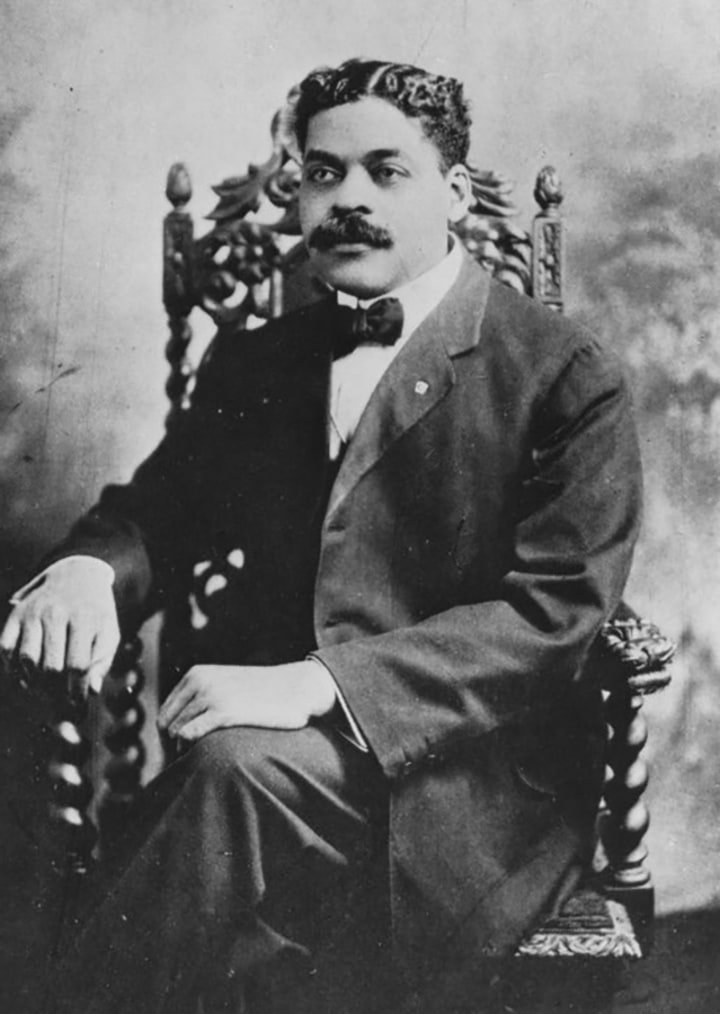The Afro Latino who redefined how Black history is rememberedPosted in Articles, Biography, History, Latino Studies, Media Archive, United States on 2022-02-25 17:32Z by Steven |
The Afro Latino who redefined how Black history is remembered
NBC News
2022-02-24
Nicole Acevedo, Reporter

Schomburg Center for Research in Black Culture / NYPL
Arturo Schomburg’s experiences as an Afro Puerto Rican at the turn of the century influenced his approach to rescuing and preserving Black history.
Arturo Alfonso Schomburg is regarded as one of the foundational figures of Black history in the United States, with one of the nation’s most important research and cultural institutions named after him.
Yet his legacy goes beyond the work he did as a historian, writer and collector of global Black art and historical materials.
By identifying as a Black and Puerto Rican, Schomburg’s acknowledgment of his diverse heritage helped him earn a global understanding of Black identity — a view he implemented in his approach to rescuing and preserving Black history — while he recognized the way Blackness had been erased, including in the Caribbean and Latin America…
Read the entire article here.


